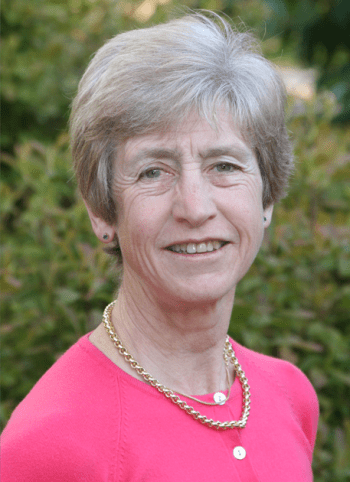7 Sept 2022
A disciplinary panel said an equine vet who admitted falsifying a letter from a fictional official while insisting she had no memory of planning to do it had failed to show adequate insight into her misconduct.

Image © Chinnapong / Adobe Stock
A former equine vet who was struck off after she admitted making up a letter from a fictional Home Office official has lost her bid to return to clinical practice.
Sue Dyson told an RCVS disciplinary panel there was “absolutely no risk” from allowing her back into the profession, and that many colleagues and clients were supporting her.
But the committee concluded she had failed to demonstrate adequate insight into her misconduct and public confidence was likely to be “seriously undermined” by her reinstatement.
Dr Dyson, one-time head of clinical orthopaedics at the AHT’s Centre for Equine Studies in Newmarket, was removed from the register following a disciplinary hearing in July last year.
During those proceedings, she admitted submitting a letter, purporting to be from a Home Office inspector named Dr J C Butter, in December 2018, which claimed she did not need a licence for a research paper titled “Influence of rider: horse body weight ratios on equine welfare and performance – a pilot study”.
The licence issue had been raised during a journal review process, but subsequent inquiries found no record of a Dr J C Butter working at the Home Office.
In written submissions to the restoration hearing panel, Dr Dyson said she was “deeply ashamed” that she had sent the letter, but insisted she had no memory of intending to do so.

A report by consultant psychiatrist Philip Joseph, presented to the original disciplinary hearing, said: “Dr Dyson has given me an account of events which is consistent with an episode of dissociative amnesia and if correct, then this would suggest she was experiencing a significant impairment in her ability to think clearly and logically, at the time she wrote the email.”
He also argued that even if it was deemed she did have memory of sending the document, the extent of stress she was enduring at the time meant she might not have appreciated the consequences of what she was doing.
Dr Dyson acknowledged it had been appropriate for severe sanctions to be imposed on her, but added: “A large body of my peers in the equine veterinary profession and horse-owning clients feel that I have paid a just penalty, and are anxious to see me returned to the register, feeling confident in my honesty and trustworthiness.
“I have a large body of former clients who are desperate for help; they have sought advice for their horses from others in the profession without success.
“I strongly suggest that there is absolutely no risk of bringing the profession into disrepute by my reinstatement.”
But the committee’s report said that account had already been rejected by the original disciplinary panel, which concluded she had acted “both deliberately and knowingly” during the period of her dishonest conduct.
They acknowledged the extent of support for Dr Dyson among colleagues and clients, and said she “may well have much to offer the profession and horses”.
But they continued: “It is well established that to be fit to practise, professionals must have a real understanding of what they have done in the past, and its impact or potential impact upon the profession and public confidence in it.
“That understanding cannot be achieved if the full extent of the misconduct is not accepted. It is acceptance of the full extent of the misconduct which results in insight. Remorse and insight do not go only to the prospects of the misconduct being repeated, they go to public confidence and maintaining standards.
“The committee was of the view that if a veterinary surgeon, who has committed such serious offences and shown so little insight were nonetheless now allowed to practise, the public’s trust in the profession was liable to be seriously undermined.”